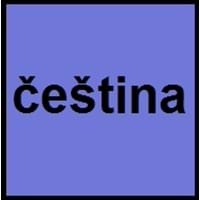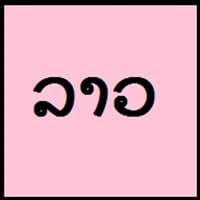Czech greetings vs Lao greetings
Please in Czech and Lao
When you want to request someone for something then it is necessary to say please. But if you don't know how to say please in Czech and Lao then it disappointing. So, Czech Greetings vs Lao greetings helps us to learn please in Czech and Lao language.
- Please in Czech : prosím.
- Please in Lao : ກະລຸນາ (kaluna).
In some situations, if you need to apologize then Czech greetings vs Lao greetings provides to say sorry in Czech and Lao language.
- Sorry in Czech : litovat.
- Sorry in Lao : ຂໍອະໄພ (khooaphai).
You can also learn useful phrases of Best Languages to Learn.
How are you in Czech and Lao
After you say hello to someone then you will want to ask how are you? And if you wish to know what's how are you in Czech and Lao then Czech greetings vs Lao greetings helps you.
- How are you in Czech is Jak se máš?.
- How are you in Lao is ສະບາຍດີບ (sába̖ai-di̖i baw?).
Even though greetings remain same in almost all the dialects of the language, their pronunciations and accents vary from each dialect to dialect. Know more about such dialects on Czech vs Lao Dialects.
Other Czech and Lao Greetings
Are you finding few more Czech greetings vs Lao greetings? So let's compare other Czech and Lao greetings.
- Good Morning in Czech is dobré ráno.
- Good Night in Czech is dobrou noc.
- Good Morning in Lao is ສະບາຍດີຕອນເຊົ້າ (sa bai di ton sao).
- Good Night in Lao is ໃນຕອນກາງຄືນ ທີ່ດີ (naitonkangkhun thidi).





